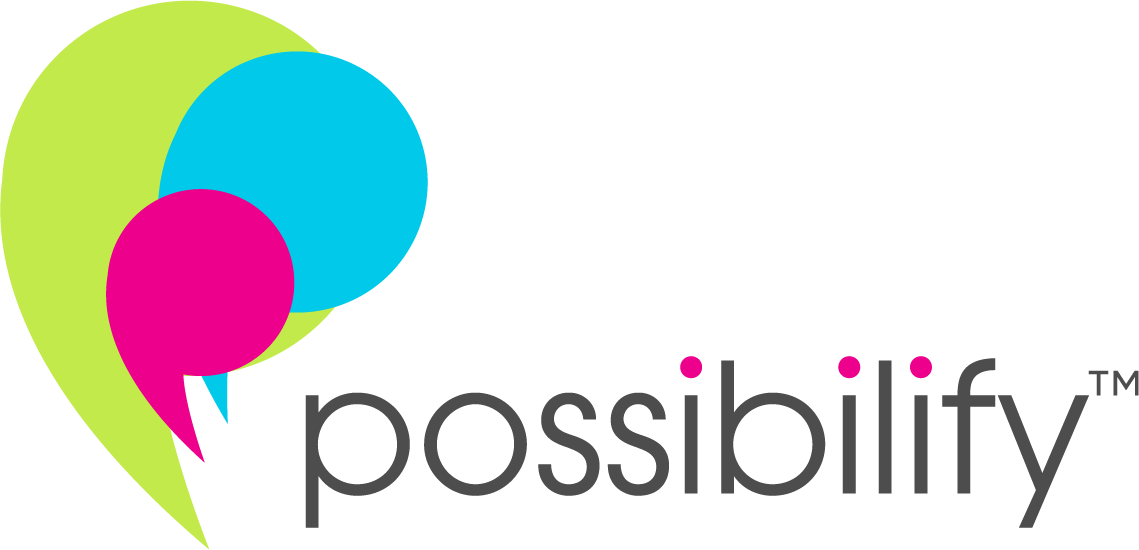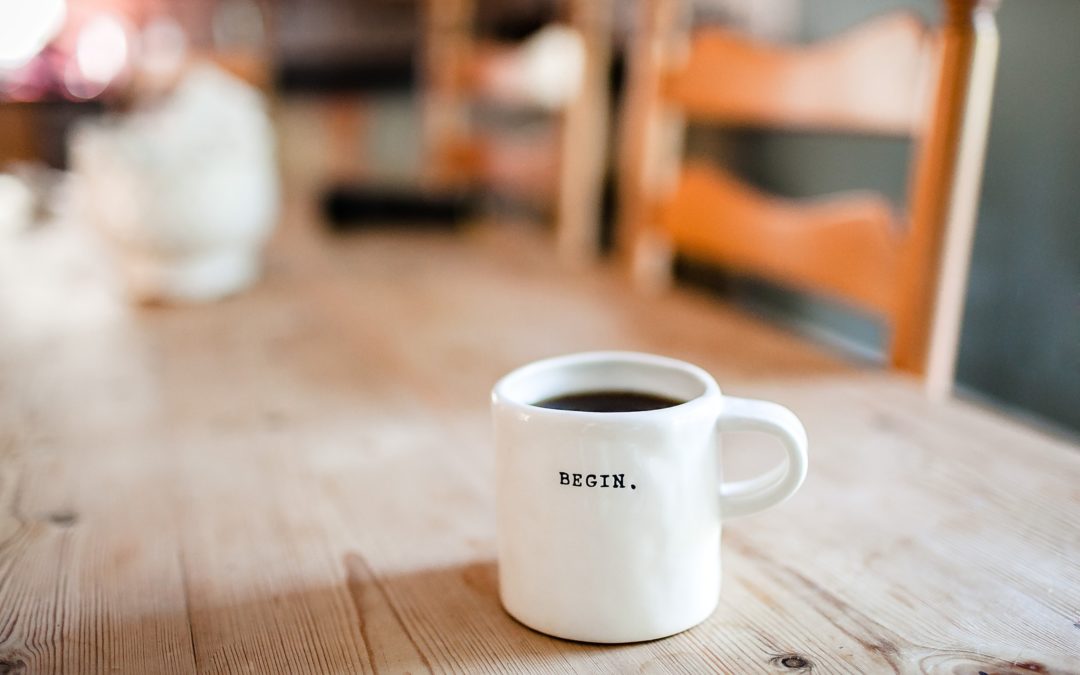- Anti-Racism Tip #8: If It Needs a Disclaimer, Don’t Say It - October 18, 2022
- On Tender Moments that Take Us By Surprise - May 18, 2022
- Finding Creative Ways to Exercise During the Pandemic - April 29, 2022
A couple of years ago my daughter performed in a class theatre production with about 20 other 6-7 year olds. The story was collaboratively created and written by all the students with the help of the teacher.
It was about a group of ocean animals who were scared to go into this one part of the ocean because there was a octopus-like creature that they thought was too scary. As the story progressed, however, they needed to get over to that side to save the ocean. Once they worked up the courage collectively to venture into that part of the ocean, they met the octopus creature who was actually not scary all. The octopus creature helped them with their quest and the ocean was saved. The kids called their show “Be Brave Because It’s So Much Better On the Other Side.”
And it is, isn’t it? It’s SO. MUCH. BETTER. on the other side of bravery.
Remember when you were a kid and you would try all sorts of things? You would try to jump across that ravine or over a full sidewalk block. Then if you failed you would try and try and try again until you were able to do it. You would fail dozens of times and then keep trying until you figured out how to do it and then it would become easy. The reward was the feeling of mastery, which is one of the best feelings in the world.
The thing is, as we get older, most of tend to shy away from trying new things. We have learned about the costs of failure and about the vulnerability and discomfort of being an awkward beginner. As Brené Brown says: “If the definition of vulnerability is uncertainty, risk and emotional exposure then being new at something is the epitome of vulnerability.” Trying something new therefore requires us to expose ourselves to the awkward vulnerability of being a beginner and risk criticism and judgment from ourselves and others.
Just like that theatre production teaches us, being brave and trying new things helps us grow. It helps us move out of our comfort zones, helps create new synaptic connections in our brains, and, if we persist, helps us achieve that wonderful feeling of mastery.
Be Inspired by the Bravery Around You
I’m fortunate to be surrounded by brave people. My husband Robby is one of the bravest people I know. He picks up a new hobby or sport or interest and he dives all in. It’s one of the things I admire in him the most, especially since there are so many of us who are much more comfortable sticking with what we are good at – staying in our comfort zones. On multiple occasions, he has been the only adult registered in an extracurricular activity that specifies it’s for people aged 12 and over because once he decides he wants to learn something, he’s ALL IN.
My friend Amy is another brave soul. During our pre-COVID morning workouts she would always routinely come to the gym having researched a new weight set or exercise routine for us to try. And for those of you, like me, who have spent a lot of time in the weight room, you know that it is much easier just to stick with the same old routine, the same old exercises, and stay inside your comfort zone. But, as in life, it is better to experiment and try new things because changing it up at the gym makes us stronger and challenges our bodies in important, new ways.
And of course there are my children. My daughter is smaller than most other kids her age but is fearless in trying new things. She’s a self-taught gymnast, and a kid who will not be left behind in physical challenges. She jumps through obstacle courses that would be challenging for most and my favourite part is hearing her repeating: “I can do it, I can do it, I CAN do it!” to get herself ready for the challenge. And then…she does it!
Finally, there’s my son who worked so hard to conquer the 11 foot drop into the skateboard bowl. It’s the kind of drop-in that makes my stomach jump when I watch it; the kind of drop-in that brings memories rushing back of those first attempts that didn’t go as smoothly. And after all that falling and getting back up and trying again… mastery.
On Cultivating Bravery in Our Lives
So how can we cultivate bravery? Again, Brené Brown’s research and work is instructive. She says:
The more we’re willing to embrace the suck and try new things, the more new things we’re willing to try… and it’s not because being new gets comfortable, it’s because we learn how to normalize discomfort. And if there’s one thing I know for sure about normalizing discomfort – learning how to stay standing in the midst of feeling unsure and uncertain – that’s the foundation for courage.
For those of us who spend time with little people regularly, we have the gift of daily or weekly reminders of bravery. We witness the moments of uncertainty and beginnerhood that children face and we are given the opportunity to encourage the kids in our lives to be brave. In those moments of uncertainty, we can remind our children to be brave because it’s so much better on the other side.
And you just never know… braving the uncertain, awkward, vulnerable stage of beginnerhood – choosing to deliberately “embrace the suck” and come out on the other side – may just be the pathway to mastery.
We would love to hear your thoughts in the comments section below.
Photo by Danielle MacInnes on Unsplash
If you liked this article, check out:


In the late 1960s I started and coordinated a non-profit outward bound program in Thunder Bay that eventually had 12-14 year olds walking 45 miles on snowshoes in 12 hours in -45 degree winter weather and then in summer participating in a 1,000 mile canoe expedition into Canada’s Northwest Territories from a wilderness location in northern Saskatchewan.
All of these young kids had never worn a pair of snowshoes or had even been in a canoe before they entered the program. They came to realize that once you discover what it’s like on the other side you never look back! Over the past 50 years I have encountered many of the former outward bound participants in my travels as a journalist and anthropologist and they related to me how their experience assisted them to cultivate bravery and courage throughput their lives.
Years later in my own life, in order to pay tuition for university graduate studies, I worked as a ship’s bosun on Canadian tankers and freighters sailing on the North Atlantic and had to inspire and train new sailors to, among other dangerous jobs on board ship, safely climb or hoist themselves on a bosun’s chair up an 85- 100 foot mast in a hurricane just to change the bulb in an important navigation light. When you overcome your fears, nothing gets in your way. Currently, in my mid to late 70s, I am fully involved in political activity in the streets of Toronto encountering white supremacist’s and some times law enforcement in an attempt to achieve social justice in our community! Without bravery and courage and a committed articulate voice I couldn’t do any of it.
Thanks for sharing this thoughtful reflection Allen. It sounds like you have had an amazing career full of adventure and new things that you have had to coach others to brave. Both the outward bound program and the training new sailors would be life changing for many and those lessons that those young people and the new sailors would most definitely help them learn about their own inner strength and resilience, how to overcome that awkward feeling of beginnerhood and come out on the other side of bravery. I love both those stories. And of course I am a big fan of your work as a journalist tackling systemic injustice and racism. It’s an honour to know you and I deeply appreciate your sharing these important reflections. Kirsten